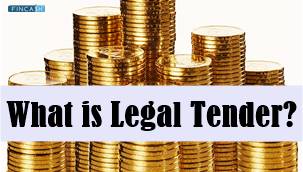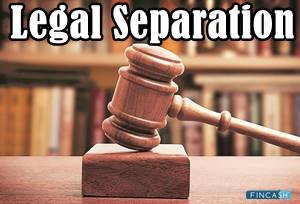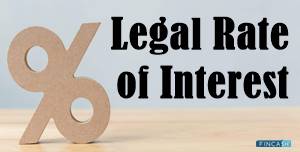What is a Legal Monopoly?
Also known as the statutory monopoly, a legal monopoly is referred to a company that is regulating as a monopoly under the Government’s mandate. A legal monopoly provides a certain product or service at a controlled price. It can either be regulated by the government, run independently or both.
Understanding Legal Monopolies
Initially, a legal monopoly was ordered as it was perceived as the adequate option for both the citizens and the government. For instance, in some countries, AT&T used to operate as the legal monopoly as it was considered essential to have an inexpensive and dependable service that was easily available to everybody.
In history, airlines and railroads have also been operated as legal monopolies throughout varying periods. The dominating idea behind introducing legal monopolies is that if there are a lot of competitors who are Investing in their personalized delivery infrastructure, prices around the board, in a specific Industry, will increase to unreasonably higher levels.
While the idea has value, it doesn’t sustain indefinitely as in most of the scenarios; Capitalism wins over legal monopolies eventually. With the advancement in technologies and evolvement of economies, playing fields general level out on their own. As a result, price decrease and Barriers to Entry get diminished.
Talk to our investment specialist
Legal Monopolies Examples
Throughout history, several governments have managed to impose legal monopolies on varying commodities, including tobacco, iron and salt. The very initial duplication of the legal monopoly is referred to the Statute of Monopolies of 1623, which is an act by the parliament of England.
Under this statute, parents get evolved from letters patent, which is a type of written order issued by a monarch, giving title to a corporation or an individual. The British East India Company, The Dutch East India Company and other similar nationally trading companies were provided exclusive trade rights by their national governments.
Private freelance traders, who were operating outside these two companies, were subjected to criminal penalties. Therefore, companies started with a war in the 17th century so as to outline and protect their territories of monopoly.
As far as alcohol is concerned, legal monopolies stay almost common, both as the means of control and source of public revenue.
All efforts have been made to ensure the information provided here is accurate. However, no guarantees are made regarding correctness of data. Please verify with scheme information document before making any investment.









